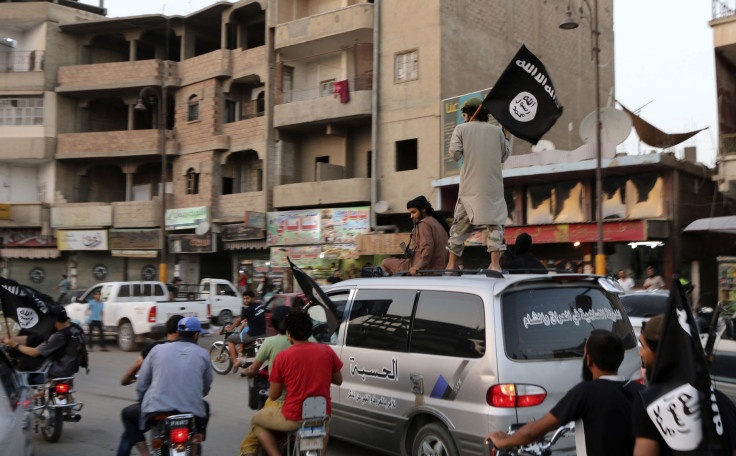ISIS Militants Burn 45 People To Death In Western Iraqi Town Of Al-Baghdadi: Report

Militants of the Islamic State group reportedly burned to death 45 people in the western Iraqi town of al-Baghdadi on Tuesday. Al-Baghdadi, which is barely two miles from the capital city of Baghdad, was seized by ISIS last week in an attempt to consolidate their territory.
Although the identity of the victims and why they were burned alive are not yet clear, Col. Qasim al-Obeidi, the local police chief, said that some of those executed were members of the Iraqi security forces, BBC reported.
Al-Obeidi, who pleaded for help from the Iraqi government and international community, also said that a compound, which was used to accommodate families of security personnel and local officials, had also come under attack from ISIS.
Al-Baghdadi is located about five miles from Ain al-Asad U.S. Marine Corps base, where about 320 U.S. military personnel are currently stationed to train Iraqi soldiers. According to media reports, ISIS militants attacked al-Baghdadi from all sides during a sandstorm last week and managed to seize the police station and other government buildings.
The latest report came days after ISIS released a video, showing the beheading of 21 Egyptian Coptic Christians in Libya. This was said to be the first time that the extremist group executed hostages outside of its self-declared caliphate spanning territories in Iraq and Syria.
The killing of the Coptic Christians prompted Egypt to launch airstrikes on ISIS targets in Libya on Monday, killing at least 64 militants. Later on the same day, Egypt launched its second round of airstrikes targeting ISIS positions in Libya’s port city of Derna.
Last week, an ISIS-affiliated media group released a video titled “Peshmerga Captives in Kirkuk Province,” which showed Kurdish prisoners being driven around on trucks in Iraq. The imagery of the prisoners in orange uniforms, imprisoned in iron cages, was similar to that of the Jordanian pilot Lt. Mu'ath Safi al-Kaseasbeh, who was later burned alive in a cage.
© Copyright IBTimes 2024. All rights reserved.












